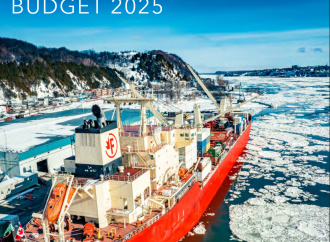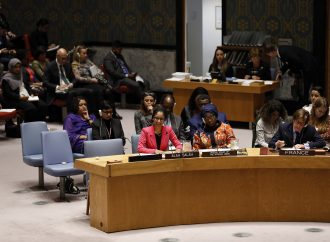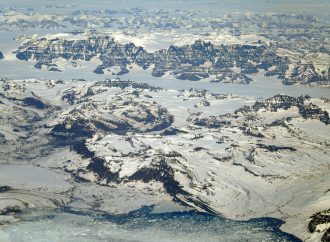During his interview on Air Force One while traveling to the June 24-25 NATO summit in The Hague, President Trump was asked whether the US would honour Article 5, if Russia attacked a bordering NATO member. In a stunning response to millions of Europeans who border Russia, who thought they knew that Article 5 meant an attack on one member is an attack on all, Trump stated that it was just a question of interpretation what this core obligation meant.
While Trump probably had advice that a defensive interpretation of the obligation only requires all other NATO members to take actions they deem necessary to assist the member that has been attacked, it should be a wake-up call for all members of NATO, including Canada. This interpretation does not commit the US to put boots on the ground or territorial waters to defend the attacked member. If Russia or China were to attempt control or annexation of parts of the Canadian or Scandinavian member countries’ territory including their Arctic islands and archipelagos and 200 nautical miles exclusive economic zones, the US could claim its only obligation was to provide sufficient protection of air and sea passages for other NATO members to provide requested military assistance including actual air, sea or land forces. While a possible tortured interpretation of Article 5, it does contradict longstanding understanding of what this core obligation means.
Such an interpretation of Article 5 of the NATO treaty should be of major concern to both Canada and those European nations most likely to be the next target of Russian President Putin’s imperial ambitions, and all members who see the growing closeness of Putin’s autocratic regime to those of China’s under the leadership of President Xi Jinping. Add the seemingly close relationship between Trump and Putin, along with the threats to withdraw US troops from Europe, and it is clear that Canada, regarding threats to its northern borders, should no longer rely on the cover of NATO protection led by the US.
These threats from President Trump to lessen the critical obligations of the US as the leading NATO member has led to Europe deciding to massively ramp up financial resources to increase European defence resources and not rely on the US in the face of potential Russian ambitions beyond Ukraine. However, it should be Canada, and perhaps also Denmark, who should push back against this interpretation of Article 5 of the NATO obligations. Russia has threatened the sovereign independence and territorial integrity of both these nations, and it is time that they should seek the support of other leading NATO members such as France and Germany to promote the far more robust interpretation of Article 5 that includes the obligation for military forces on the ground of the attacked member state if requested. This is what Canada did when the US used Article 5 to request assistance after the terrorist 9/11 attacks in the US. Canada and its European member states of NATO must remind President Trump of that fact. Canada should also remind the US President that the NATO Treaty itself is integrated into the fundamental foundational principles of the UN Charter that political independence and territorial integrity are fundamental rights of all sovereign nations and should not be regarded as variable depending on geopolitical expediency.
Given the rather weak understanding of the core obligation of the US under the Trump administration, the need for Canada to ramp up its defence spending, first to 2% of GDP and then ultimately to 5%, becomes far more defensible, given that its Arctic regions and exclusive economic zones may be far more vulnerable, especially to Russian and Chinese incursions, without the formerly understood iron clad defence security provided by the US under Article 5 of the NATO treaty.










